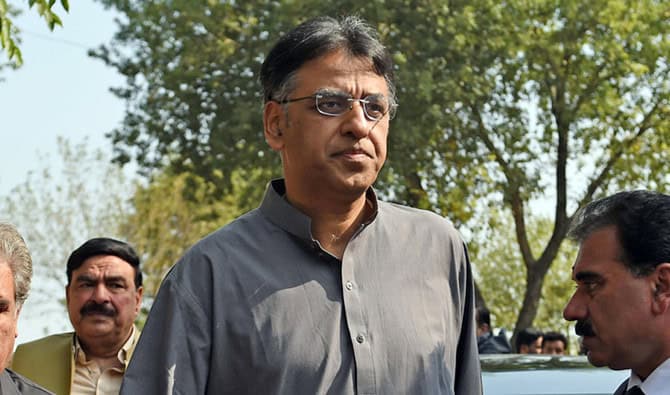ISLAMABAD – A World Bank report published on Monday endorsed fiscal consolidation measures announced in the mini budget by the Pakistan Tehreek-e-Insaf regime, saying macroeconomic imbalances, including fiscal and current account deficits, posed increased risk and liabilities and could impact future economic growth.
“The fiscal consolidation measures announced in the mini-budget are a step in the right direction toward short-term adjustments. However, for the fiscal consolidation path to be sustainable, additional interventions will be needed in the areas of tax administration and tax policy; fiscal decentralization; the legislative framework governing public finance; and measures to improve spending efficiency,” the twice-a-year Pakistan Development Update said.
The report observed that the fiscal deficit continued to expand due to reasons including the weak revenue growth and large increases in recurrent spending. This, coupled with a large current account deficit, has accentuated the country’s vulnerabilities, it said.
https://en.dailypakistan.com.pk/headline/asad-umar-presents-supplementary-finance-bill-paints-bleak-economic-picture/
The report particularly mentioned the accumulating energy sector arrears as well as fiscal contingencies due to the investment guarantees mainly associated with projects for the China-Pakistan Economic Corridor (CPEC).
Referring to the fiscal consolidation efforts made during the period of Fiscal year 2014-16, the report said that these efforts were reversed with the fiscal deficit reaching 6.6 percent of GDP in the fiscal year that ended in June this year.
“Despite a drastic cut in federal development spending, particularly in the final quarter of FY18, total expenditure grew due to high recurrent spending, including defense, interest payments and spending by provinces,” the report said.
Meanwhile, the report said, revenue grew only modestly as the FBR’s revenue target was not met and federal non-tax revenue returned to its normal level. Additionally, the provinces did not contribute with an assumed surplus and instead posted a small deficit that added to the widening consolidated fiscal deficit.
“The widening twin deficits resulted in an increase in the public debt-to-GDP ratio to 73.5 percent, the highest level since FY03,” the report said adding that one-third of the increase was accounted for by the depreciation of the Pakistani rupee against the US dollar.
https://en.dailypakistan.com.pk/headline/asad-umar-to-attend-annual-imf-world-bank-meetings-in-indonesia/
The report cautioned that public debt continues to be a breach of the Fiscal Responsibility and Debt Limitation Act (FRDLA), which stipulates a reduction of debt to 60 percent of GDP by FY18.
“If this trajectory remains, it is unlikely that Pakistan will be able to comply with the Act over the next decade,” it added.
The report said that Pakistan needed to address growing fiscal and current account deficits on a sustainable basis for long-term growth.
The report comes days after the Finance Minister, Asad Umar unveiled a mini-budget with new taxes on masses, claiming that the lower strata of the society would not be affected through the tax slabs introduced.
Initially, the government allowed non-filers to purchase property or vehicles, however, after after a backlash, the government reintroduced restrictions on the non-filers.













